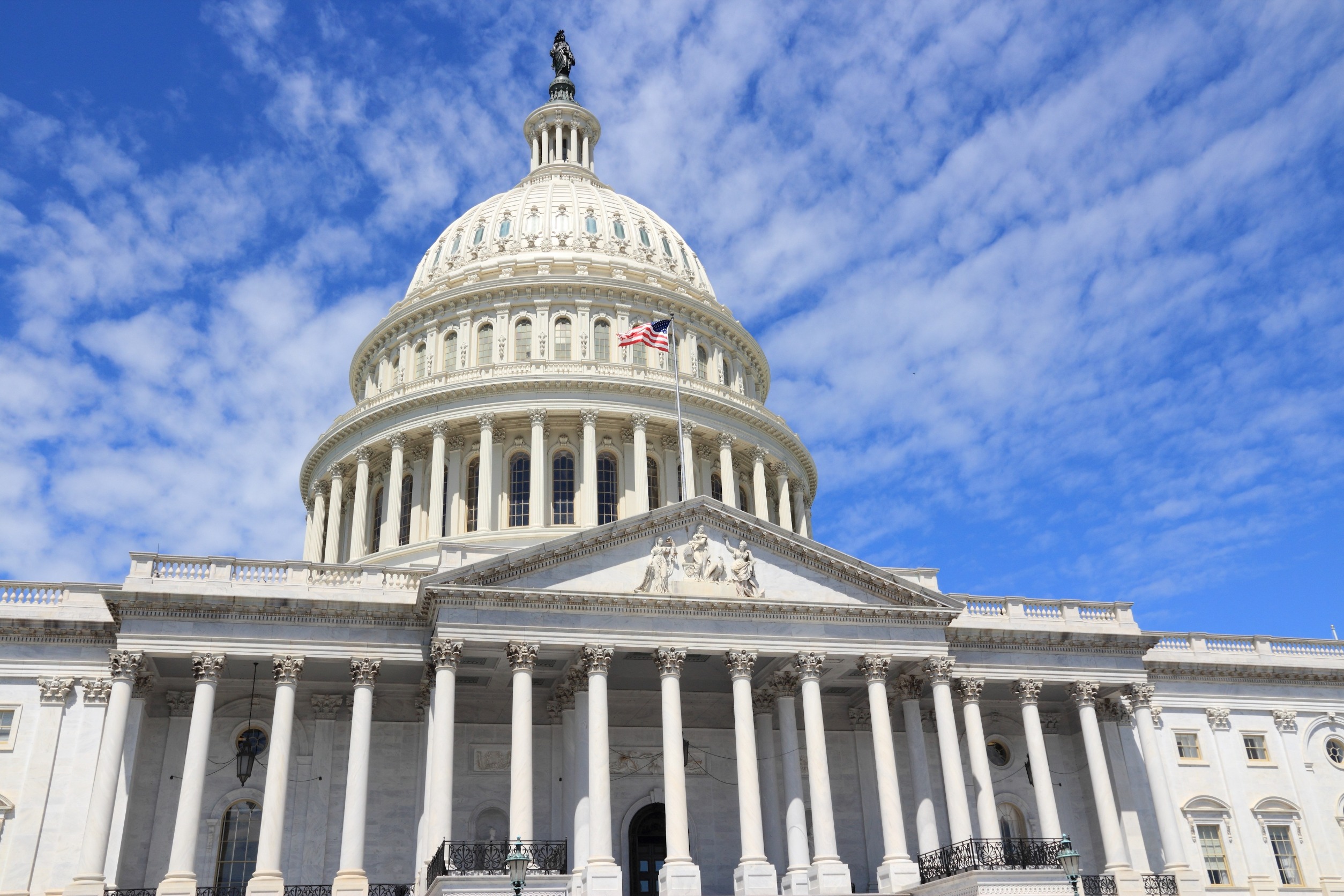If coronavirus has disrupted your usual daily rhythm and kept you indoors, it’s totally understandable if you’ve been feeling a bit more anxious lately. The good news though is that neuroscience can offer some non-pharmaceutical, research-backed ways to mitigate anxiety. Let’s see what the science tells us.
The first finding is that the absolute best non-medical way to reduce anxiety is to talk to someone else. Just connecting with someone at that simple level sends signals to the brain that mitigate the feeling that something awful might be about to happen. We, humans, are designed to connect with others, and we need the sound of other human voices to begin to do that at the simplest level. It makes us feel as if we’re not alone and that helps with feelings of anxiety that often develop as isolated thoughts. And, of course, a conversation of the virtual kind is still possible even now with many countries and locales in lockdown and social distancing in force.
Further, we can reduce anxiety by finding something to share with someone else. Chimpanzees don’t share, but humans do, and from an early age. Research shows that even babies spontaneously share with strangers without being taught to do so. Even when they’re hungry, just before meals, roughly 40% of babies will share food with strangers rather than eat it themselves. So sharing runs deep with us humans, and by connecting us with others, it can reduce anxiety and strengthen our social ties. We don’t always remember or honor the idea, but we are a communal species.
While the most common therapy to reduce anxiety usually involves exposure to the anxiety-producing thing, about half of the people afflicted don’t respond well either to exposure therapy or medication. There is another way, the development of what are called safety signals. The best safety signals involve a musical piece, a calm and pleasant place, or a friendly person or thing, such as a stuffed animal.
The idea is simply to think about the chosen signal when one becomes anxious. The result is that different parts of the brain are activated than when experiencing anxiety, or exposure therapy. So if you’re finding yourself anxious in isolation during this pandemic, your best bet is to communicate — connect with another human being. Share something with them, or simply talk. If you can’t find anyone to communicate with at the moment, then listen to a relaxing piece of music, visualize a favorite vacation spot, or think of a friendly person or much-loved possession.












